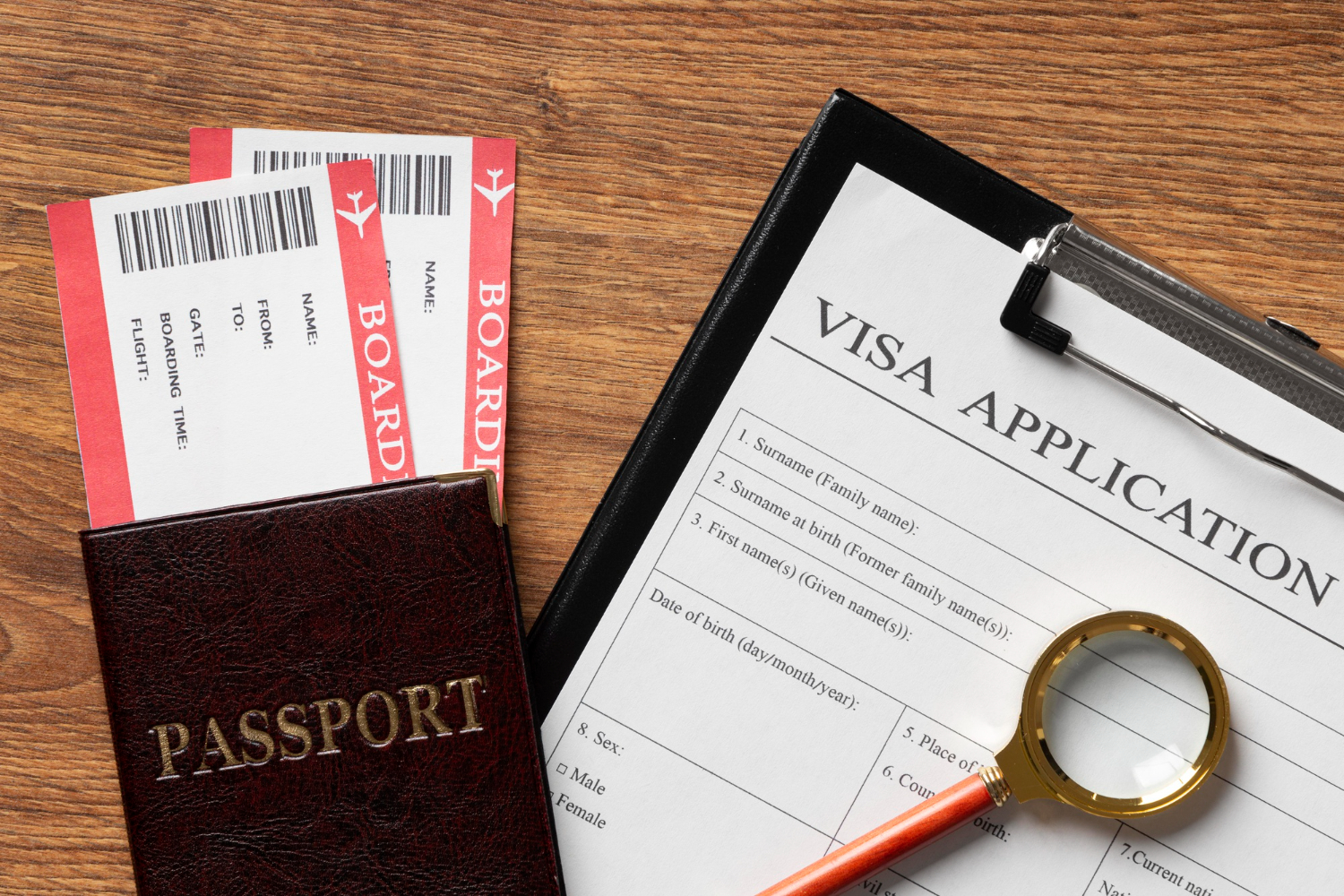
Studying in Australia? Here’s What You Need to Know Before You Land
Australia is one of the most popular destinations for international students — and for good reason. With world-class universities, a relaxed lifestyle, and beautiful cities, it’s a dream come true for many.
But before you pack your bags and hop on a flight, there are a few things you should know that can make your study abroad experience in Australia smoother, safer, and more enjoyable.
1. Understand Your Visa Responsibilities
When you’re on a Subclass 500 Student Visa, there are important conditions you must follow:
Maintain enrollment in a CRICOS-registered course
Attend classes regularly
Maintain Overseas Student Health Cover (OSHC)
Work no more than the permitted hours (currently 48 hours per fortnight during study terms)
Notify your education provider if you change your address
Failing to meet these conditions can result in visa cancellation. Make sure you read your visa grant notice carefully and understand all your obligations.
2. Prepare for the Cost of Living
Many students focus on tuition fees but forget about everyday expenses. According to official guidelines, the average cost of living in Australia for international students is around AUD $21,000 per year — not including tuition.
Here’s a quick breakdown of monthly costs:
Rent (shared apartment): AUD $600–$1000
Food and groceries: AUD $300–$600
Transport: AUD $100–$150
Mobile/internet: AUD $50–$70
Entertainment & other: AUD $100–$200
Prepare a realistic budget and avoid relying solely on part-time work to survive.
3. Finding Accommodation Can Take Time
Many students think they’ll find a place within a day or two of arrival. In reality, finding affordable student accommodation in cities like Sydney or Melbourne can take up to 1–2 weeks.
Options include:
On-campus housing
Private rentals
Homestays
Student hostels
Book temporary accommodation (like Airbnb or a hostel) for your first few days, and start searching seriously after you land.
4. Aussies Are Friendly — But Culture Shock is Real
Australia is known for its casual and friendly culture, but international students often face culture shock at first. You may notice:
People use a lot of slang (like “arvo” for afternoon or “thongs” for flip-flops)
Social interactions are informal — even with teachers
People value independence and privacy
It may feel strange at first, but most students adjust within a few weeks. Don’t be afraid to ask questions or join university clubs to meet people.
5. Learn How to Get Help When You Need It
Every university or college has an international student support center. They can help you with:
Academic support
Mental health and counseling
Visa and legal issues
Finding jobs or internships
Also save emergency numbers in your phone:
000 for police, fire, ambulance
Your embassy or consulate
Your university’s emergency line
Final Thoughts
Studying in Australia can change your life — but only if you plan smartly from the start. From knowing your visa rules to budgeting for real life, preparation is the key.
Still need help with your student visa to Australia? Contact OzCareerGurus for expert guidance, document support, and fast answers to your questions.



